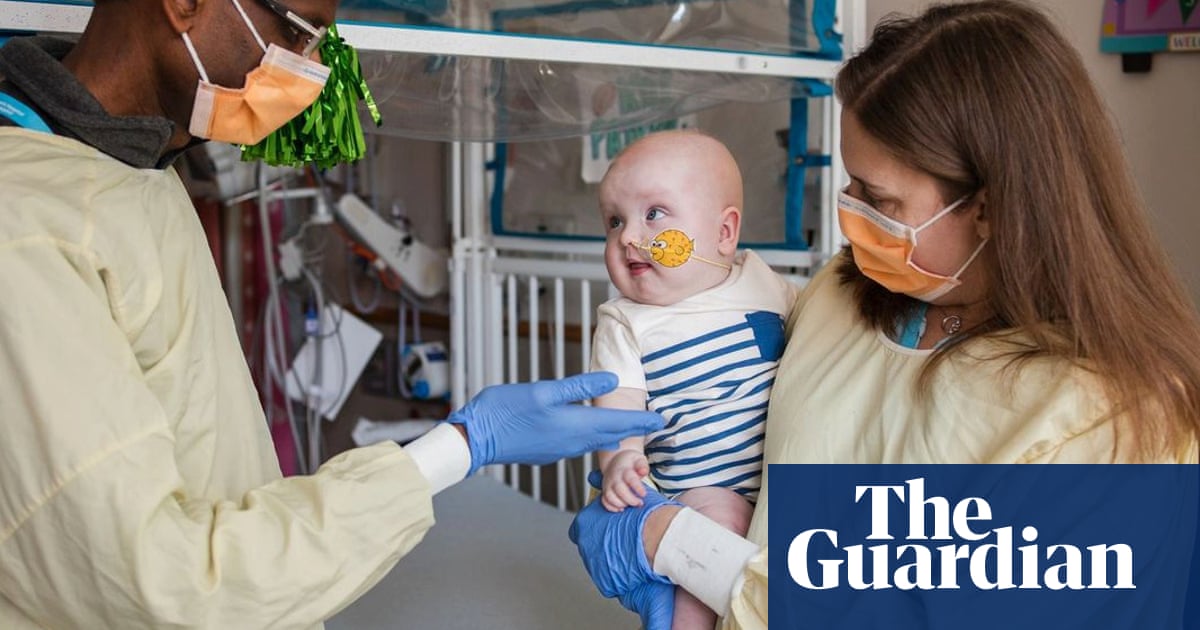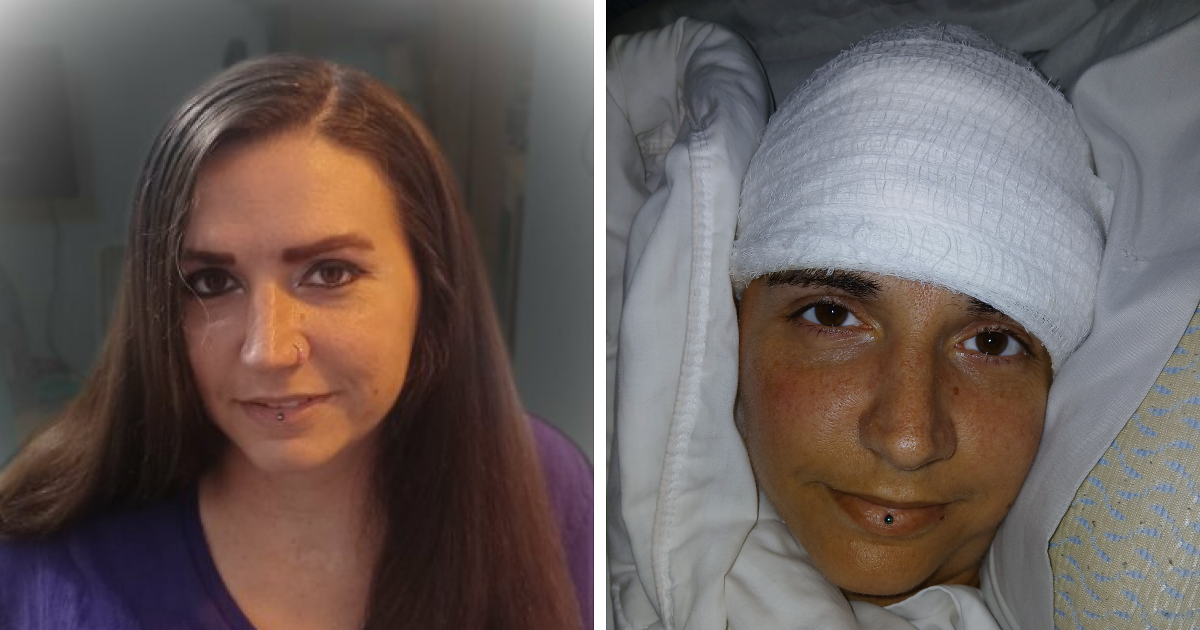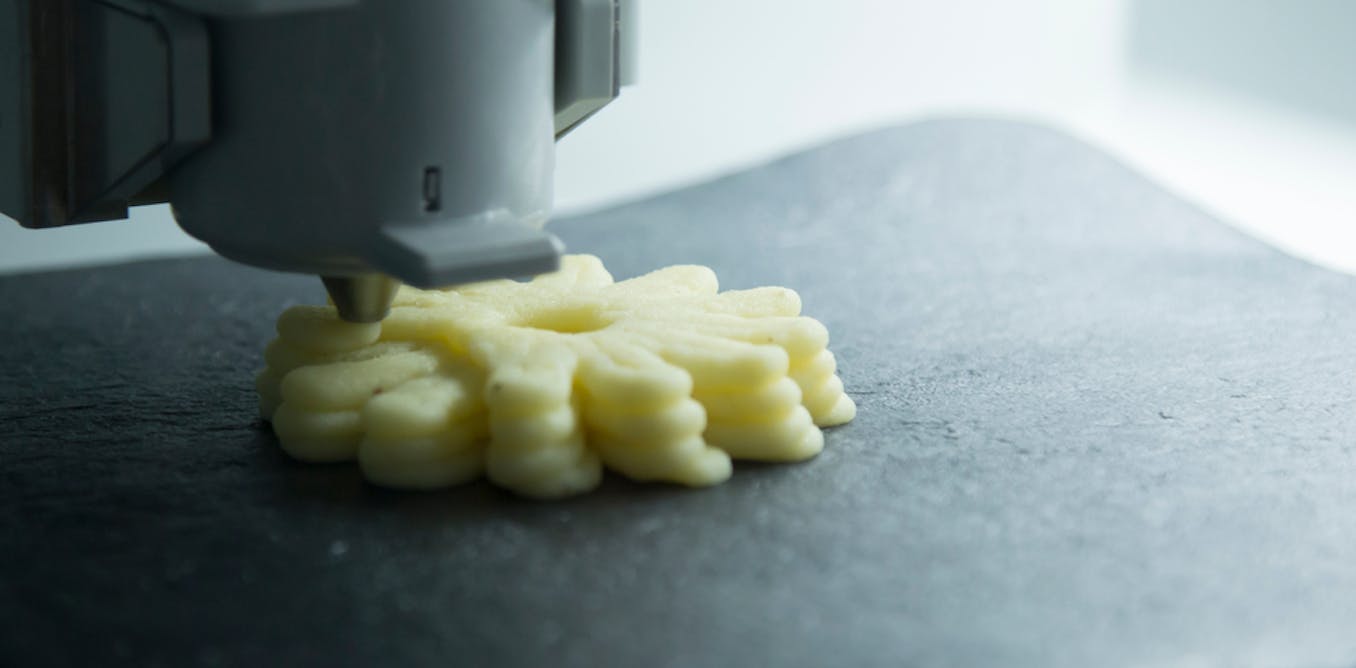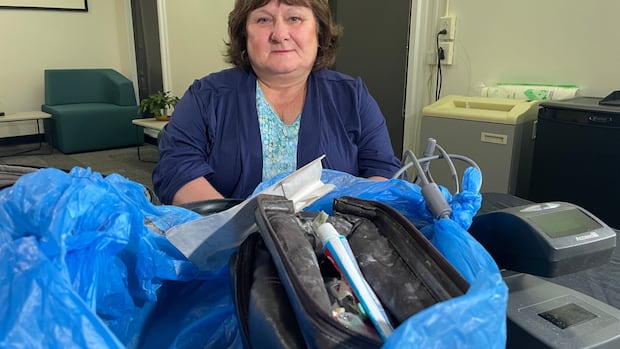Groundbreaking Gene-Editing Therapy Successfully Administered to Baby in the US

In a remarkable advancement in the field of medicine, doctors in the United States have successfully administered a customized gene-editing therapy to a newborn baby diagnosed with a severe genetic disorder, a condition that tragically claims the lives of about half the affected infants within their first year of life. This pioneering achievement is being celebrated by international researchers as a significant medical milestone, showcasing the potential to treat a variety of debilitating genetic diseases by correcting faulty DNA shortly after birth.
The dedicated specialists at the Children’s Hospital of Philadelphia, in collaboration with the University of Pennsylvania, sprang into action immediately after diagnosing the infant, known affectionately as KJ. Within a span of just six months, they completed the intricate processes of designing, manufacturing, and testing this personalized therapy for safety. KJ received his initial dose of the bespoke treatment through an infusion in February, followed by two additional doses in March and April. Early reports indicate that the baby is thriving post-treatment, though healthcare professionals have emphasized the necessity of ongoing, careful monitoring for his entire life to ensure his continued well-being.
Dr. Rebecca Ahrens-Nicklas, a senior physician involved in this groundbreaking endeavor, expressed her excitement about this achievement, noting that it was made possible by extensive advancements in gene editing technologies over many years. “While KJ is just one patient,” she remarked, “we hope he is the first of many to benefit from such innovative therapies.”
KJ was born with a rare genetic condition known as severe CPS1 deficiency, which affects approximately one in 1.3 million individuals. This disorder is characterized by a deficiency of a vital liver enzyme required to convert ammonia—produced naturally from the breakdown of proteins in the body—into urea, which is then excreted in urine. Without this critical enzyme, ammonia accumulates in the body, leading to potential damage of the liver and other essential organs, including the brain.
While some patients with CPS1 deficiency may undergo liver transplants, those with severe manifestations of the disease often experience significant organ damage before they reach a size suitable for surgical intervention.
In a detailed study published in the New England Journal of Medicine, the medical team meticulously illustrated the exhaustive process involved in identifying the specific genetic mutations causing KJ’s disorder. They outlined the steps taken to design a targeted gene-editing therapy aimed at correcting these mutations. The therapy employs an advanced technique known as base editing, which enables the precise rewriting of the DNA code, altering it one letter at a time. Additionally, the therapy incorporates fatty nanoparticles to facilitate the delivery of the treatment directly into the liver.
During KJ’s initial months of life, he remained hospitalized on a restricted diet; however, following his treatment, doctors have reported a positive turn in his condition. They are now able to expand his protein intake and reduce the amount of medication previously needed to eliminate nitrogen from his body. These promising developments were shared with the medical community at the American Society of Gene and Cell Therapy’s annual meeting held in New Orleans.
While the medical team acknowledges the need for extended follow-up to fully assess the long-term efficacy of the therapy, the initial signs are indeed encouraging. “The promise of gene therapy that we’ve heard about for decades is coming to fruition,” stated Professor Kiran Musunuru from the University of Pennsylvania. “It’s going to fundamentally transform the way we approach medicine.”
Dr. Miguel Ángel Moreno-Mateos, a geneticist based at Pablo de Olavide University in Seville, emphasized the significance of this specific approach, noting that although it was motivated by the grave nature of the disease, it serves as a landmark showing that such advanced therapies are now a practical reality. He reiterated that KJ will require careful long-term monitoring to ensure his health and to determine whether supplementary doses may be necessary to further alleviate the symptoms of his condition.



























